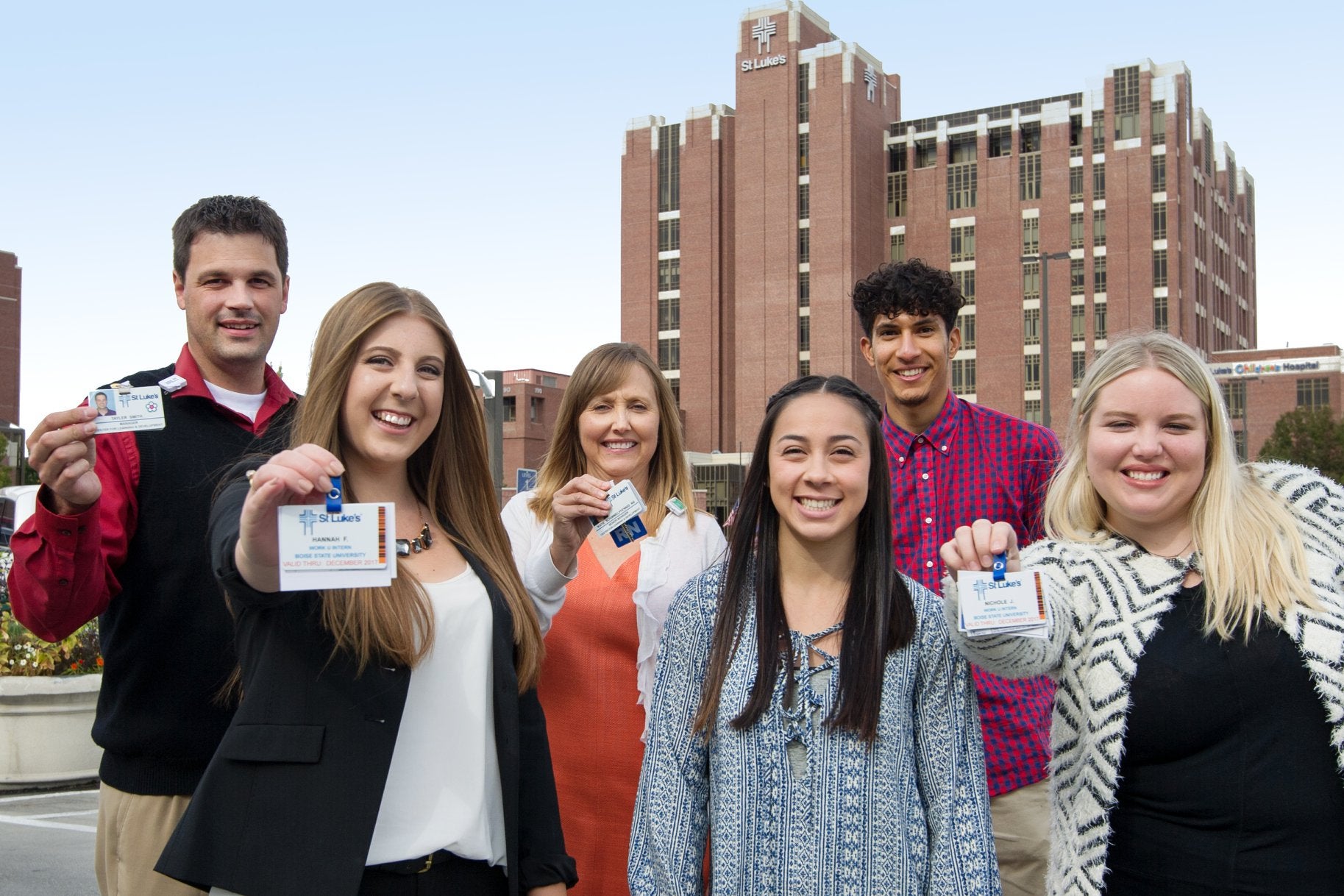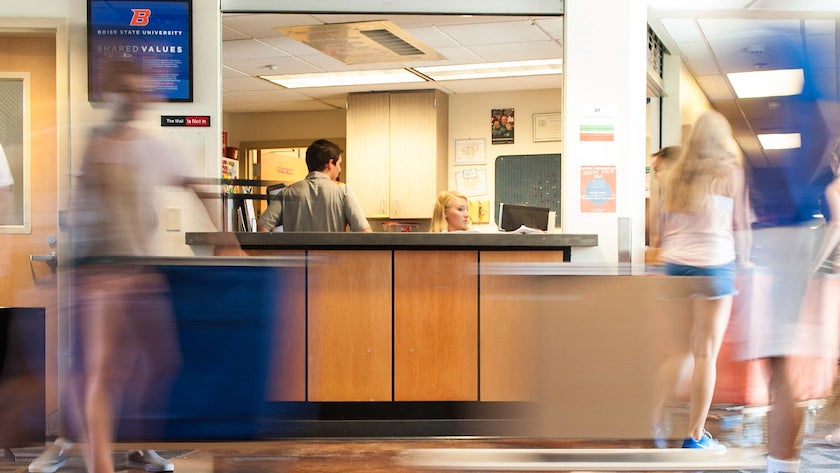The term “experiential learning” is all the buzz in higher ed lingo these days, but basically it just means informal learning through trial and error. Here are some ideas for your hands-on experiences that will help you build your resume.
 1) Internships
1) Internships
Apply what you’re learning in the classroom and make connections in professional fields related to your major. Lots of possibilities here, from paid/unpaid, credit/not-for-credit, full-time/part-time. FACT: Graduates with an internship under their belt have a job offer rate 44% higher than those who don’t. More info on internships here.

2) Work U
Like an internship, but you’ll be matched with an employer and project that aligns with your goals. You’ll have a mentor and there’s also a classroom component each week for a debrief. Open to all majors, this is a great place to explore if your field of study isn’t tied to a specific career. Time commitment is 10 hours/week on site, plus a weekly class on campus. Earn 3 credit hours. Learn more about Work U here.

3) Service Learning
Give back to your community and incorporate it into your coursework. And vice versa. For example, enroll in a chemistry class and test ponds for West Nile Virus. Or enroll in child psychology, and tutor children at Headstart. It’s a win-win for everyone. You’ll be in good company, too! FACT: Service-Learning is practiced at over 1,000 universities and by over two million college students nationwide. Check out Service Learning at Boise State.

4) Research
You’re at a great university when it comes to being able to participate in research projects side-by-side with scholars and researchers. From cancer prevention to choreography, substance abuse to alternative energy, financial planning to art history, you have a unique opportunity to explore and research issues, no matter what your field of study is. Benefits? How do we count the ways: expand your resume, hone critical thinking, and develop connections with faculty. Check out student research.

5) Work on Campus
There are so many benefits to working on campus besides the obvious – that extra spending money, plus it’s close to classes and can be worked around your class schedule. In addition, there are positions where you can learn a new skill, be exposed to higher education, make connections and have a strong support climate. All campus jobs begin on Handshake.
